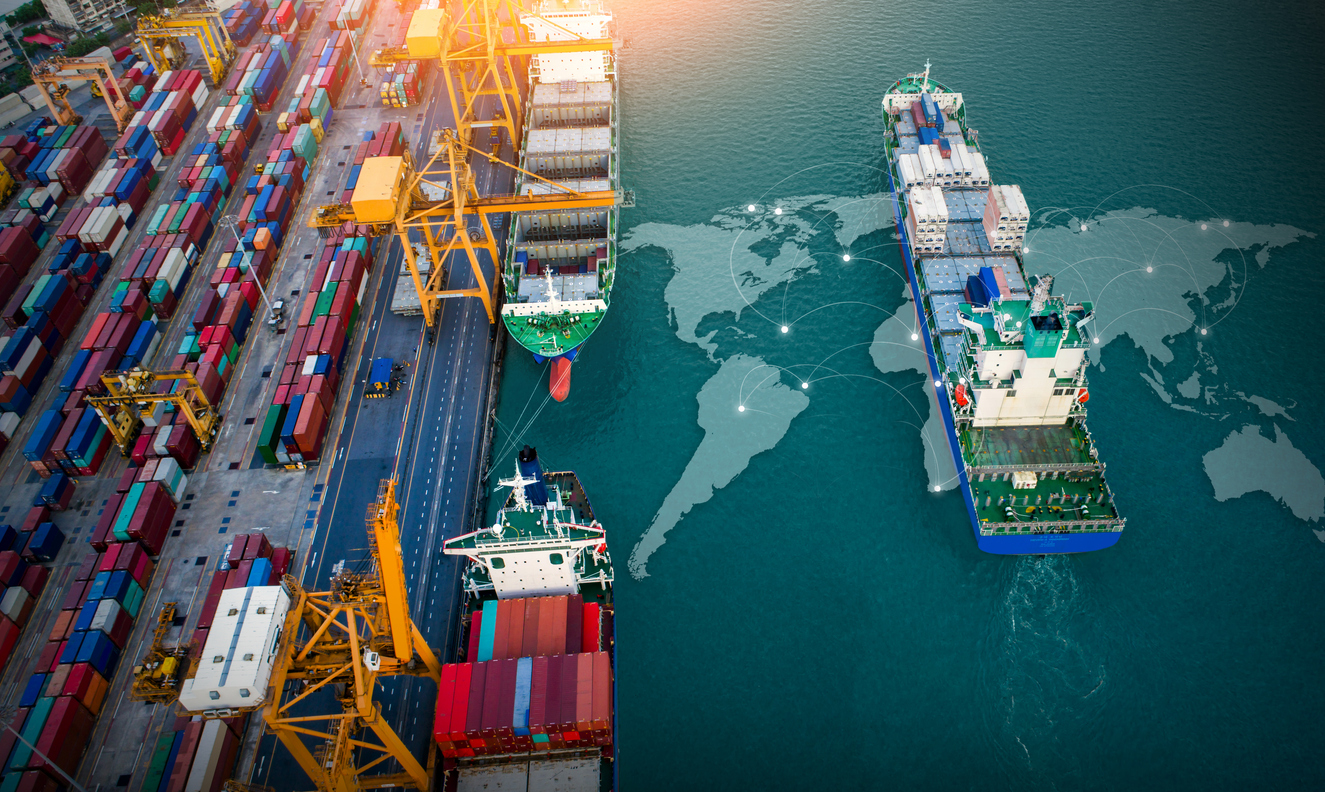Transportation by Sea: Navigating Global Trade and Logistics
Transportation by sea is one of the most critical components of global trade, enabling the movement of large volumes of goods across international waters efficiently and cost-effectively. For businesses engaged in international trade, sea freight offers a reliable and scalable solution for transporting bulk goods, raw materials, and finished products. In this article, we’ll delve into the key aspects of transportation by sea, its benefits, and how businesses in Nigeria can leverage it to optimize their supply chain and logistics operations.
Why Choose Transportation by Sea?
Sea transportation is the preferred choice for many businesses due to its unique advantages:
1. Cost-Effectiveness
- Economies of Scale: Sea freight is generally more cost-effective than air freight, especially for transporting large quantities of goods. Ships can carry massive volumes of cargo, allowing businesses to benefit from economies of scale.
- Lower Shipping Costs: For bulky, heavy, or non-urgent shipments, sea freight offers significantly lower costs compared to other modes of transportation, making it ideal for businesses looking to optimize their logistics budget.
2. Capacity and Flexibility
- High Cargo Capacity: Ships can transport large quantities of goods, including oversized and heavy cargo, that would be impractical or too costly to move by air.
- Flexible Cargo Options: Sea freight accommodates various types of cargo, including containerized goods, bulk cargo, and liquid cargo, providing businesses with flexible shipping solutions tailored to their specific needs.
3. Environmental Impact
- Lower Carbon Footprint: Transportation by sea is one of the most environmentally friendly modes of shipping, producing fewer carbon emissions per ton of cargo compared to air and road transport.
- Sustainability Initiatives: The shipping industry is increasingly adopting green technologies and practices, such as cleaner fuels and energy-efficient vessels, further reducing its environmental impact.
Key Components of Sea Transportation
1. Container Shipping
- Overview: Container shipping is the most common method of sea transportation, involving standardized containers that can be easily loaded, unloaded, and transferred across different modes of transport (e.g., trucks, trains).
- Benefits: Containers protect goods from damage, theft, and environmental factors, ensuring safe and secure transportation.
2. Bulk Shipping
- Overview: Bulk shipping involves transporting large quantities of unpackaged goods, such as oil, grain, coal, and minerals, directly in the ship’s hold.
- Benefits: This method is highly efficient for moving raw materials and commodities over long distances.
3. Roll-On/Roll-Off (Ro-Ro) Shipping
- Overview: Ro-Ro ships are designed to carry wheeled cargo, such as cars, trucks, and machinery, which are driven on and off the vessel on their own wheels.
- Benefits: Ro-Ro shipping is ideal for transporting vehicles and heavy equipment, offering ease of handling and reduced loading times.
Transportation by Sea in Nigeria
1. Major Nigerian Ports
- Lagos Port Complex (Apapa): The busiest port in Nigeria, handling a significant portion of the country’s imports and exports, including containerized goods, bulk cargo, and vehicles.
- Tin Can Island Port: Another major port in Lagos, known for handling containerized cargo and vehicles.
- Port Harcourt Port: Located in the Niger Delta, this port primarily handles crude oil exports and bulk cargo.
2. Challenges in Sea Transportation
- Port Congestion: Nigerian ports, particularly in Lagos, often face congestion issues that can delay the loading and unloading of cargo, increasing lead times and costs.
- Infrastructure and Logistics: Inadequate infrastructure, such as road and rail connections to ports, can complicate the efficient movement of goods inland, posing additional challenges for businesses.
3. Opportunities for Improvement
- Investment in Infrastructure: Ongoing investments in port infrastructure, automation, and logistics networks are expected to enhance the efficiency of sea transportation in Nigeria, reducing congestion and improving overall service quality.
- Leveraging Technology: The adoption of digital solutions, such as real-time tracking and electronic documentation, can streamline the shipping process, providing greater visibility and control over supply chains.
How Wigmore Trading Can Help
At Wigmore Trading, we specialize in providing comprehensive sea transportation solutions that cater to the unique needs of businesses in Nigeria and beyond. Our services include:
- Freight Forwarding: We manage the entire shipping process, from booking cargo space to coordinating with shipping lines and ensuring timely delivery.
- Customs Clearance: Our team handles all customs documentation and procedures, ensuring compliance with local regulations and smooth clearance of goods.
- Supply Chain Optimization: We work with clients to optimize their supply chain, identifying cost-saving opportunities and improving efficiency at every stage.
Conclusion
Transportation by sea remains a cornerstone of global trade, offering businesses in Nigeria a cost-effective, reliable, and environmentally friendly way to move goods across borders. By leveraging the right sea transportation solutions, businesses can enhance their supply chain operations, reduce costs, and achieve greater competitiveness in the global market.
Get in Touch:
Need expert sea transportation solutions? Contact Wigmore Trading today to learn more about how we can help you optimize your global shipping operations. Visit our website, email, or call us for more information.








Comments are closed.